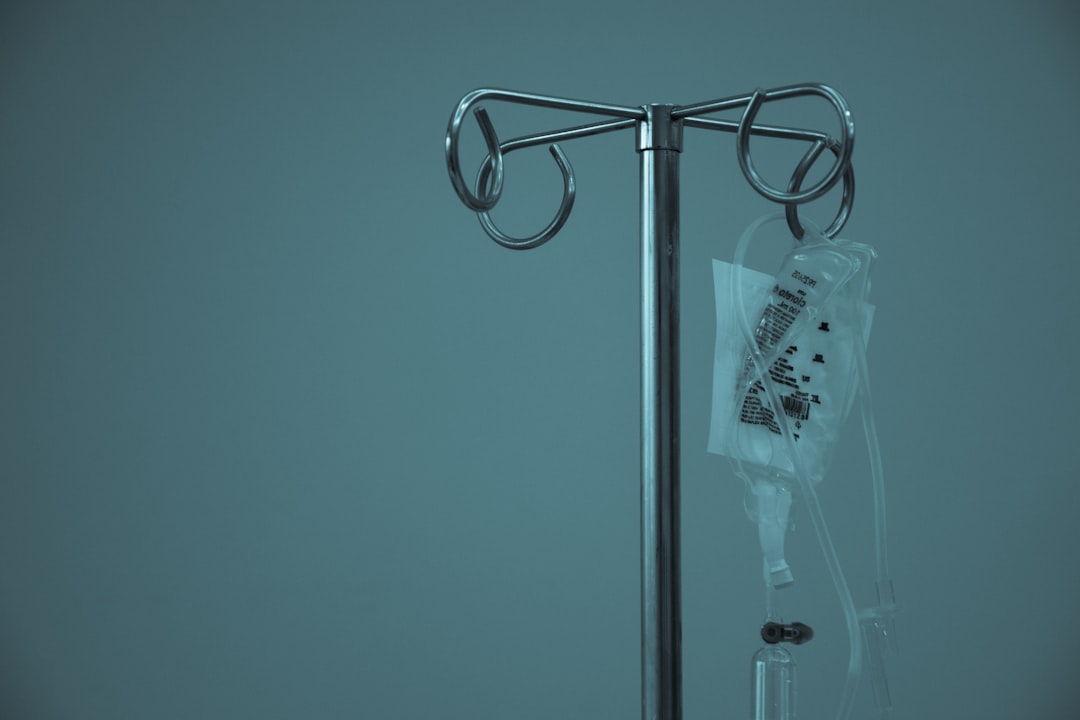
How to Protect Your Rights After a Medical Mistake: Expert Legal Advice
Posted by on 2024-10-02
Title: How to Protect Your Rights After a Medical Mistake: Expert Legal Advice
Experiencing a medical mistake can be incredibly distressing. Not only are you dealing with the physical and emotional repercussions of the error, but you may also find yourself navigating a complex web of legalities. Understanding how to protect your rights in such a scenario is crucial. Below is expert legal advice on what steps you should take if you believe you've been a victim of medical malpractice.
Firstly, it’s essential to recognize the signs of a medical mistake. These can include unexpected complications, abnormal reactions to treatment, or receiving care that deviates significantly from established medical standards. Trust your instincts—if something feels off, it likely warrants further investigation.
Document Everything
One of the most important steps in protecting your rights is meticulous documentation. Keep detailed records of all interactions with healthcare providers, including dates, names, and the nature of each discussion. Collect copies of all medical records, prescriptions, test results, and any other relevant documents. This evidence will become invaluable if you decide to pursue legal action.
Seek a Second Opinion
Before jumping to conclusions or making accusations, consult another medical professional for an independent evaluation. A second opinion can clarify whether a mistake was made and how serious it might be. This step not only helps confirm your suspicions but also provides additional documentation that could support your case.
Report the Incident
If you believe that a significant error occurred, report it to the appropriate authorities within the healthcare facility where you were treated. Most hospitals have protocols for investigating patient complaints and may initiate internal reviews or corrective actions based on your report.
Consult an Experienced Attorney
Medical malpractice cases can be highly intricate and often require specialized legal expertise. Seek out an attorney who has experience handling similar cases and understands both the legal landscape and medical intricacies involved. During your initial consultation, provide all documented evidence and be prepared to discuss every aspect of your experience in detail.
Understand Statutes of Limitations
Each jurisdiction has specific statutes of limitations governing how long you have to file a medical malpractice claim after an incident occurs. Missing this deadline could mean forfeiting your right to seek compensation altogether. Your attorney will guide you through these timelines and help ensure that all necessary paperwork is filed promptly.
Consider Alternative Dispute Resolution
Litigation isn't always the best route for resolving disputes over medical mistakes. Mediation or arbitration can offer quicker resolutions while being less adversarial than going to court. Discuss these alternatives with your attorney to determine if they might be suitable for your case.
Prepare for Emotional Challenges
Filing a medical malpractice claim is not just legally demanding; it's emotionally taxing as well. You may need psychological support throughout this process from friends, family, or mental health professionals who can help you cope with stress and anxiety related to both the original mistake and ensuing legal battle.
Negotiate Settlements Wisely
Many medical malpractice cases are settled out of court through negotiations between attorneys representing both sides. While settlements can provide quicker financial relief without prolonged litigation, make sure any agreement adequately compensates for all damages suffered—both current and future needs should be considered.
Stay Informed Throughout the Process
Remain actively involved in every stage of your case by staying informed about its progress and understanding each step taken on your behalf by legal counsel. Regular communication with your lawyer will help alleviate uncertainties and ensure that you're fully aware of what's happening at each juncture.
Conclusion
While experiencing a medical mistake is undeniably challenging, taking proactive steps can significantly influence outcomes positively in terms of both recovery and justice served against negligence or wrongdoing encountered during treatment procedures undergone previously under trusted care settings initially assumed safe otherwise priorly believed accordingly until incidences proved otherwise unexpectedly revealing errors instead surprisingly observed subsequently thereafter eventually leading towards seeking rightful compensations deserved ultimately achieved successfully thus safeguarding personal interests effectively defended firmly thereafter conclusively attained commendably overall finally realized appreciatively everlastingly remembered gratefully forever cherished truly indeed thankfully acknowledged always!